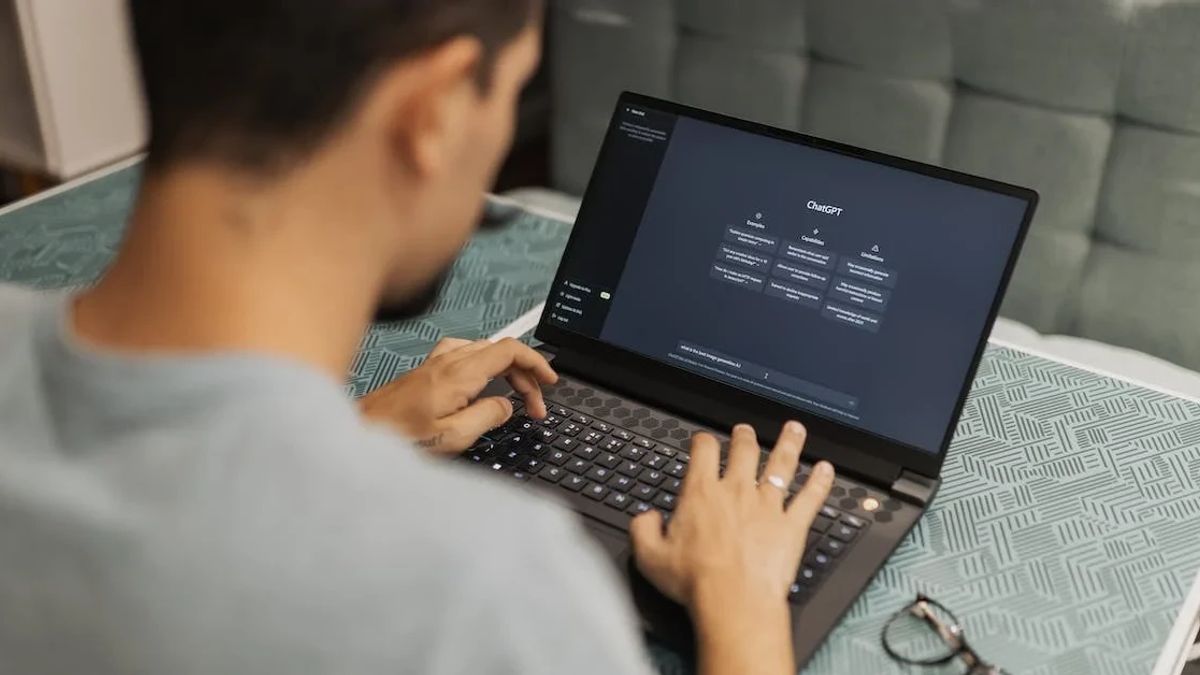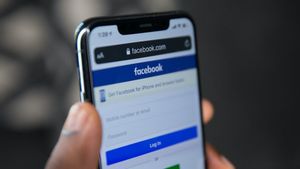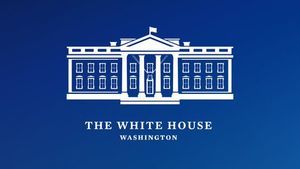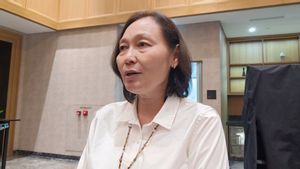
JAKARTA - Artificial intelligence laboratory OpenAI published a blog post on Monday, January 15 to address concerns that its technology would interfere in the general election, with more than a third of the world's population preparing to head to the polls this year.
The use of artificial intelligence to interfere with election integrity has been a concern since the Microsoft-backed company released two products: ChatGPT, which can convincingly imitate human writing, and DALL-E, whose technology can be used to create "deepfakes," or images that look real but it was made fake.
Those concerned include OpenAI's own CEO, Sam Altman, who testified to Congress in May that he was "anxious" about generative artificial intelligence's ability to compromise election integrity through "one-on-one interactive disinformation."
The San Francisco-based company said that in the United States, which will hold a presidential election this year, it is working with the National Association of Secretaries of State, an organization focused on promoting effective democratic processes such as elections.
"ChatGPT will direct users to CanIVote.org when asked a specific election-related question," he added.
The company also said it is working to make it clearer when images are generated by artificial intelligence using DALL-E, and plans to place a "cr" icon on images to indicate that they were generated by artificial intelligence, following protocols established by the Coalition for Certainty and Authenticity Content.
관련 항목:
They are also working on a way to identify content generated by DALL-E even after the image has been modified.
In its blog post, OpenAI stressed that its policies prohibit the use of its technology in ways it has identified as potentially abusive, such as creating chatbots that pretend to be real people, or discouraging participation in elections.
"They also prohibited DALL-E from creating images of real people, including political candidates," he said.
The company faces challenges in monitoring what is actually happening on its platform.
When Reuters last year tried to produce an image of Donald Trump and Joe Biden, the request was blocked and a message appeared saying that it "may not follow our content policies."
However, Reuters was able to produce images of at least twelve other United States politicians, including former Vice President Mike Pence.
The English, Chinese, Japanese, Arabic, and French versions are automatically generated by the AI. So there may still be inaccuracies in translating, please always see Indonesian as our main language. (system supported by DigitalSiber.id)

















